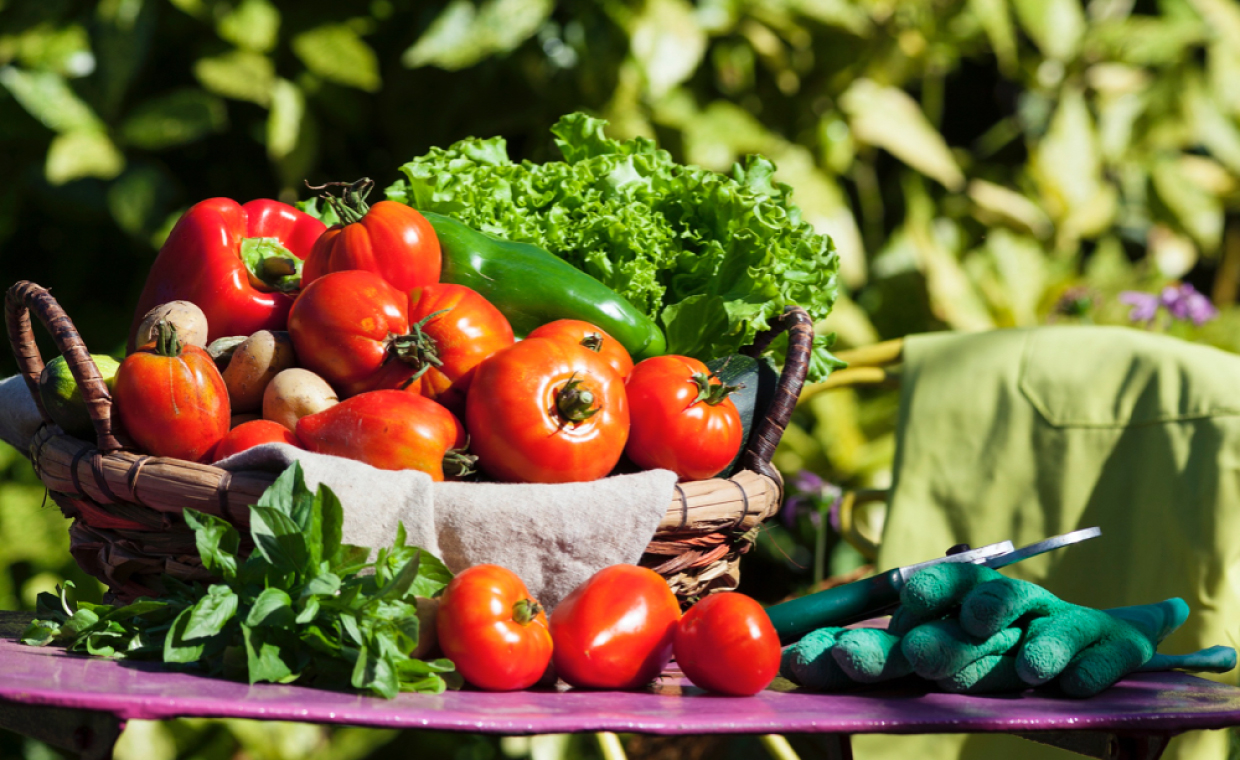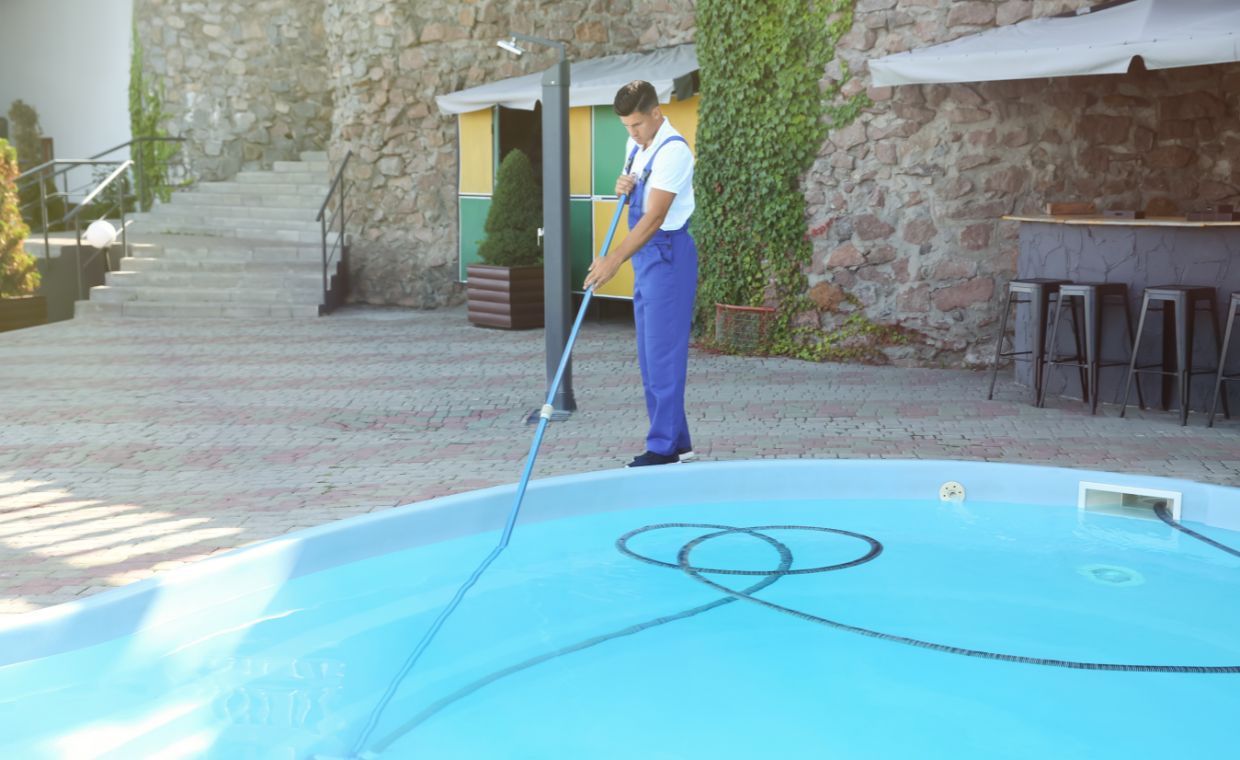
So, you have a beautiful garden in front of your house for which you are getting excited to invite your guests to a party and enjoy the scene. But do you have any idea that there are some other guests too lingering around your garden known as Garden Pests, who would have been invading and destroying your garden field just when you are doing all of this planning? Yes, we are speaking about the pests who spoil and plunder a garden when they see a good flourishing growth of plants, vegetables, and fruits. For the better understanding and knowledge, let us discuss the most common garden pests that are generally and commonly found in your gardens.
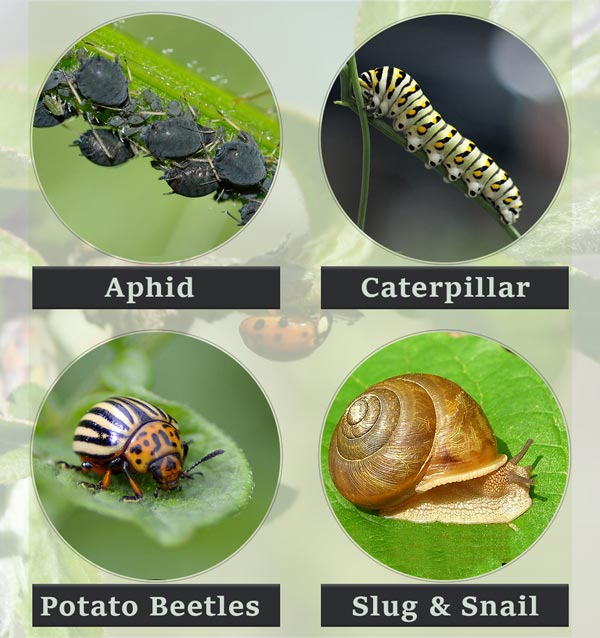
Common Garden Pests
The gardens are pounced and attacked by the different sizes or colours of pests, although many of them may be less harmful and damaging than others. For instance, bees help out in impregnation of your plants whereas ladybugs prey on those bugs that are harmful to the crops. Here you can find a list of few common and usually expected garden pests that are very harmful for your garden and should be taken care of.
- Caterpillars: They mainly suckle on leaves and plants of your garden. But the good point is that they turn up into butterflies and moths which help your garden to regain its beauty.
- Potato Beetles: They are a bunch of large bugs distinguished by their orange colour with black stripes running through their body. As their name suggest, they feed on potatoes, tomatoes and eggplants.
- Aphids: They are small bugs that spread and escalate disease from one plant to other.
- Slugs & Snails: Both of them feed on leaves of plants and which destroys the plant quickly.
Also Read: Tips to Maintain Your Kitchen Garden This Season!
Preventing the encroachment of garden pests is a very important part of your garden maintenance plan. Before you start to panic and fluster, we can provide you with some short and easy ways to control the pests lingering around your garden.
Control your Garden Pests in an Organic Way
01. Garlic Soap Spray
Therefore, let’s start with the easiest method on board. Take around four cups of water, boil one head of garlic and onion in it. When the mixture cools down remove the onion and garlic from it. Now add one tablespoon of dish washing soap (liquid form) and stir it well. Finally, the last step is to pour the liquid into any spraying element and use the mixture around your garden till the attack minimizes and pests have completely vanished.
02. Help from Pest’s Enemies
Pests have their own share of enemies too which you must take full advantage of. Parasitic wasps, spiders, ladybirds, Gall mites, Scale Insects, Whitefly, Codling Moth and ground beetles are just a few of such insects which can prove helpful. On the contrary, encouraging and luring them to come over your garden wouldn’t be an easy thing to do. Pollen and nectar-producing shrubs must be planted in order to lure them in.
03. Eggshells

Another homemade remedy which can be used in your garden is using of egg shells. However, this is only effective for slugs and snails. To avoid them from entering into your garden can make the ground bumpy and rough by placing some eggshells on the same. Even if there’s a chance of eggshells breaking, no need to worry as they would only increase the nutritional content of the soil.
04. Barriers
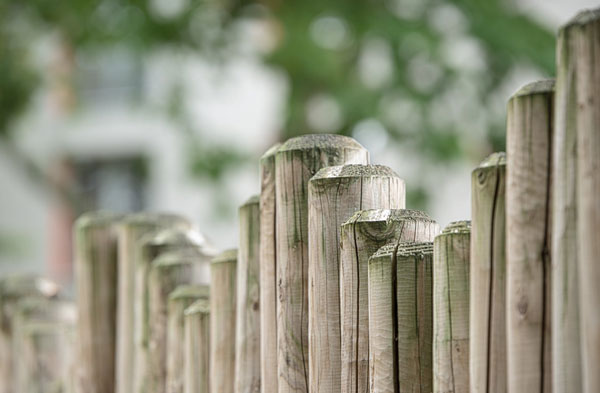
You can also place barriers around your plants and vegetables in order to avoid pests from entering in. There are multiple ways to do so, but telling you the simplest one would be better. Use a fine net and place it on your plants in such a manner that the plants get enough space to spread themselves. If you are facing the problem with cutworms and burrowing insects then you can place a cardboard collar around plants stem. Press onto the collar so that the plant can deepen its base in the ground.
Also Read: Awesome Indoor Gardening Supplies You Need for Your Home!
05. Planting Companions
There are few plants which when are planted within your garden can discourage the growth of pests. These are a natural insect disagreeable repellent and this process is known as companion planting. If you plant garlic within your garden you can keep insects like aphids, spider mites and Japanese beetles away from them. Basil is that kind of herb when it is placed near tomatoes it would eliminate tomato hornworms. Placing marigolds near cucumbers and squash can avoid nematodes and beetles.
06. Rotation of Plants
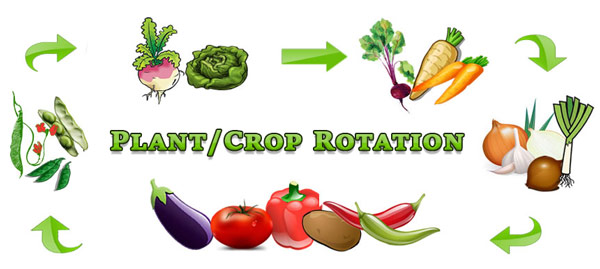
By rotating plants regularly, you can reduce many pests infestation that might be occurring inside your garden. There are quite few of insects that stay underground till the winters and come out only in spring. By that time, if you have already removed their favorite plant they would rather retreat or resort going to other food resources. While doing that they are mostly eaten by other insects and birds which are present in that area. For instance, if last season, you planted tomatoes, corn or squash which you replaced in the next growing season with plant legumes or something which the pests would not have expected. While the former would deplete your soil of nitrogen, the latter would compensate for the same and thus it would result in the improvement of fertility.
According to ‘Barbara Pleasant’ the Author of Mother Earth News Magazine they had launched one organic pest control survey to learn more about what works and what doesn’t? It was conducted across Northern America from around 1300 gardeners to experiment the various organic solutions and surprisingly about 90% of the gardeners responded the report of getting good control on pests with plant or crop rotation.
07. Improving the overall Soil Quality
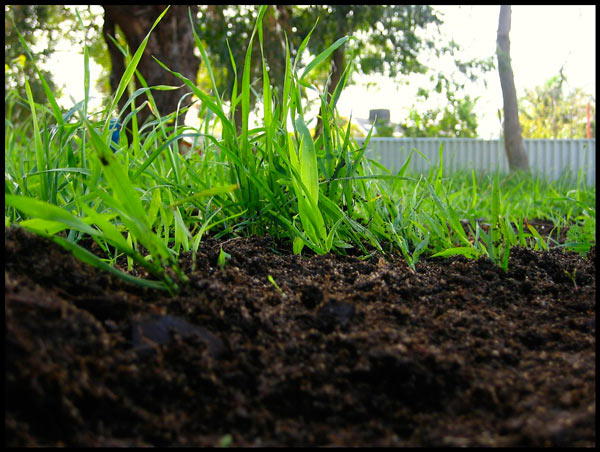
Taking an example of human body, the healthier it’ll be, the fewer germs or insects would be able to attack and same goes for the soil. Try doing few tricks to maintain the health of your garden soil. First of all, separately create permanent walkways’ and beds in order to avoid any sort of foot traffic. It is a natural phenomenon that whenever crops are harvested the nutritional content of your soil reduces but you would now have time to replenish the same and the best time considered to do so is in the autumn season. Add organic matter like manure, homemade compost, leaf mold, grass clippings and composted wood chips to bring back your soil quality to normalcy or from better to best.
08. Planting in the Right Place

This is a very crucial part as here you have to do some research in finding what kind of environment would be best suitable for a particular plant to thrive in. If you have selected or chosen a plant which needs excessive sun, plant it in a place where it can take enough sunlight. Similarly, if you have chosen a plant which needs sufficient moisture you will have to make sure that it fits in at the right place where its need is fulfilled. If you have by chance planted a crop at a wrong place it may survive for some time but as time passes, it might become highly prone to pest attack.
09. Choose Pest-Resistant Varieties
There are many kinds of plants that are Pest-resistant so if you want to stay away from the menace of pests, then try growing those plants that are naturally resistant to their presence. They are easily available; you can easily find such varieties and try planting them in your garden. When you get the access of any seed catalog you can easily get an idea whether they are pest resistant or not. On the contrary, making a rash decision will not be helpful for you at all. You will have to check and confirm whether it can survive in those climatic conditions or not and then make your choice.
10. Handle an Outbreak
Above mentioned points were all precautions that should be taken to avoid pests from entering but even after avoiding every unnecessary thing and being cautious you face this problem of pest infestation than take immediate steps to counter it. First of all, immediately remove those plants that have been infected even the slightest so that the rest of the crop remains safe and secure from the pests. If you have e a good enough knowledge of dealing with pests than use that knowledge to counter it through the tips we have mentioned above. You can also call a professional and take his help to make sure that the path for the pests is totally blocked and they won’t come again.
Conclusion:
Having a beautiful garden will give you and your guests a healthy and cozy environment or can cause your guests to feel envy. On the contrary, if pests are not taken care of than it would probably spoil the day. So, follow the above measures strictly and handle it properly so that the pests do not have any chance to enter. When you patiently and silently work hard there is no way your garden would not flourish and make you feel proud of the efforts made. In the final case if the infestation has gotten out of hand or there has been some negligence while working in your garden then professional help remains the last resort.
Also Read:
Landscape Architecture | Creating A Blissful Outdoor Spaces!
Indoor Plant Care: Tips You Must Know!
Author Bio
Garima Bais – Garima Bais: I am a blogger writing on topics like parenting, love, life, beauty and travel. Belonging to a country with a deep heritage India I am an eternal optimist and believe that whatever life gives to you should be taken with gratitude. Do let me know your take on my articles in the form of comments.



